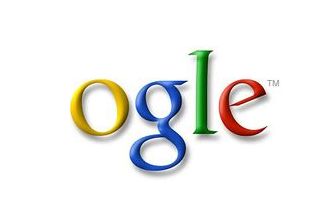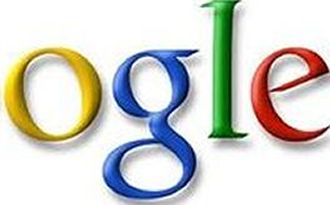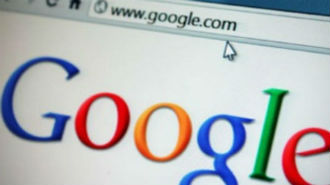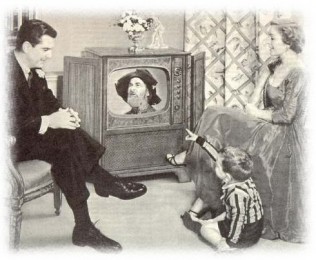 Search engine outfit Google has pulled out of the American Legislative Exchange Council (ALEC) saying that the outfit is a bunch of liars.
Search engine outfit Google has pulled out of the American Legislative Exchange Council (ALEC) saying that the outfit is a bunch of liars.
Google Executive Chairman Eric Schmidt said that it had been a mistake for Google to join that particular lobby outfit because it was pretty much against everything that the outfit believed.
ALEC thinks that human-created climate change could be “beneficial” and opposes environmental regulations. It is backed by a lot of big US companies who want a philosophy that will allow them to cheaply pollute.
Schmidt said groups trying to cast doubt on climate change science are “just literally lying”.
However ALEC also has some other strange views which are opposed to Google’s. It thinks that Net Neutrality and municipal broadband projects are all a communist plot.
Earlier this month, Google refused to comment after 50 advocacy groups called on the company to end its affiliation with ALEC.
Schmidt appeared on The Diane Rehm Show and was asked by a listener whether Google is still supporting ALEC. The listener described ALEC as “lobbyists in DC that are funding climate change deniers.”
Schmidt responded, “we funded them as part of a political campaign for something unrelated. I think the consensus within the company was that was sort of a mistake, and so we’re trying to not do that in the future.”
He said that Google has a very strong view that decisions in politics should be based on facts and the facts of climate change are not in question anymore.
“Everyone understands that climate change is occurring, and the people who oppose it are really hurting our children and grandchildren and making the world a much worse place. And so we should not be aligned with such people. They’re just literally lying,” Schmidt said.
Google was a member of ALEC’s Communications and Technology TaskForce, along with Facebook, Microsoft, and Yahoo. Microsoft also cut ties with ALEC recently.
ALEC CEO Lisa Nelson spat the usual right wing US bile against its former ally saying it was unfortunate to learn Google has ended its membership in the American Legislative Exchange Council.
She said it was all due to public pressure from left-leaning individuals and organisations who intentionally confuse free market policy perspectives for climate change denial.
No one can stand up to what big business wants in the US without being labelled a left wing pinko.
 A senior VP at Google has released a detailed rebuttal to an attack on its business practices by Rupert Murdoch of News Corp.
A senior VP at Google has released a detailed rebuttal to an attack on its business practices by Rupert Murdoch of News Corp.















